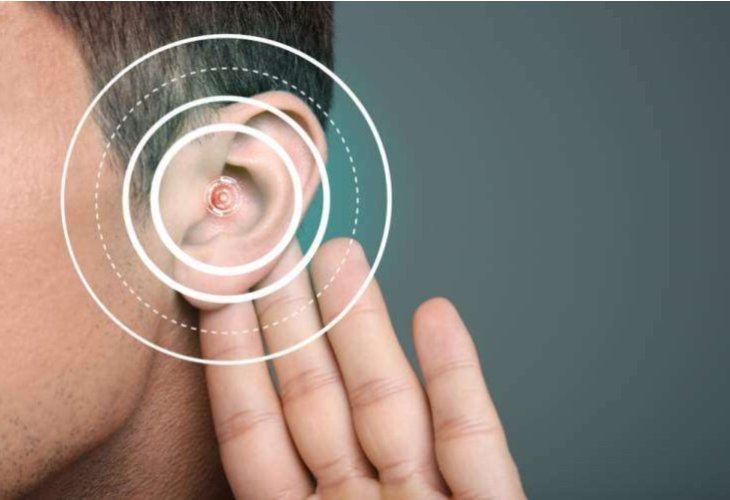Hearing Day 2020 - Signs Your Hearing is Deteriorating
Hello? Are you hearing properly? Here are 7 signs that might indicate a hearing problem and the need to get tested.
 (Photo: shutterstock)
(Photo: shutterstock)Over 700 million people suffer from some form of hearing impairment. This accounts for about 10% of the world's population. In Israel, the situation is similar, with more than 700,000 people living with hearing impairments that limit their lives.
Hearing loss is a process that, in most cases, has early warning signs that indicate it.
Today is celebrated worldwide as "International Hearing Day." This day is an initiative of the World Health Organization (WHO), which this year chose to focus on raising awareness about the unlimited possibilities for people with hearing impairments.
The likelihood of developing hearing impairment increases with age, and according to data, more than half of those aged 75 and older suffer from it. Poor hearing has far-reaching implications for the quality of life, and it can also lead to language development impairments and attention and concentration disorders in children, as well as loneliness and professional difficulties in adults.
What are the signs that should raise a red flag?
- Increasing the volume on the radio or similar devices to the point that you cannot hear environmental sounds may indicate a decline in hearing. Many do not notice the loud volume until it is pointed out to them.
- Difficulty hearing on the phone - missed calls, repeatedly saying "hello," requesting to repeat the same sentence often, or only hearing the call through the speakerphone - you might be on the path to hearing loss.
- Environmental sounds are perceived as noise – if you cannot distinguish between different environmental sounds, if they sound like one big noise, or if you need to look at the person to hear and understand them, it's advisable to get a hearing test.
- Difficulty coping in lectures, meetings, and while watching performances – if you find yourself refusing to attend events that require attention, not because the topic doesn't interest you, this might be another red flag suggesting you should get a hearing test.
- You are isolating yourself and suffer from depression. There are many reasons for a decline in mood and isolation, but they don't necessarily have to originate from a mental state. Hearing loss can also lead to social withdrawal and a decline in mental state. As part of the investigation, alongside psychological or psychiatric diagnosis, a hearing test is recommended.
- You sit close – if you always choose the front rows, not because your sight has deteriorated, but because you can't hear well from the back rows in a play, lecture, show, or movie, you should get a hearing test.
- When someone comments on your hearing – you get upset. As in many areas, the first stage in dealing with any problem is denial. If you get angry when someone raises the possibility of hearing decline, it might be worth getting tested.
What are the steps to take for investigation?
First, approach an ear, nose, and throat doctor for an ear examination. Then, undergo a hearing test, followed by rehabilitation according to need. Treatment for hearing loss is important at any age. Hearing impairment is very common and is linked to a decline in quality of life, social isolation, depression, and even an increased risk of dementia. The vast majority of those with hearing loss will benefit from conventional hearing aids. Additional aids such as fm systems can be added as needed, which improve hearing in noisy situations or when trying to hear a distant speaker.
Some of those with hearing impairment do not benefit from hearing aids and can benefit from other technologies such as hearing aids, bone conduction hearing aids, bone conduction implants, middle ear implants, or cochlear implants.
Also, it is important not to accept hearing impairment and the decline in quality of life it induces as fate. There are many solutions available that can help, and it is recommended to consult experts in the field of hearing to get advice and tailor solutions to the nature and severity of the hearing loss.
Dr. Yeshayagu Shapira is the head of the cochlear implant service and in charge of the ear diseases department at Sheba Medical Center.

